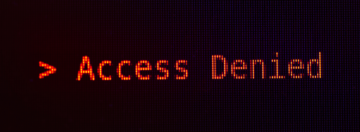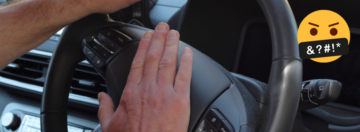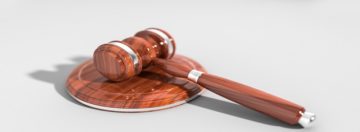Security Clearance Polygraphs, Due Process and DOHA Under Fire
Want to know the value of a security clearance? Ask someone who has had theirs revoked and fails to get it reinstated upon an appeal to the Defense Office of Hearings and Appeals (DOHA).
While the accuracy of polygraph examinations remains so controversial that they’re inadmissible in most courts, they continue to be a vital part of the security clearance application and review process, especially within intelligence agencies.
Well-known security clearance attorney Sheldon Cohen is drawing attention for his public criticism of their use by DOHA. Specifically Cohen criticizes the use of heavily redacted and anonymous investigation reports. Cohen sites his recent case of a client whose Department of Defense security clearance was revoked after an alleged admission of viewing pornography on a government computer and watching child pornography at home, from a 2008 CIA investigation.
While Cohen’s argument hinges on several separate and legitimate arguments, including Department of Defense Policy against “giving reciprocal effect to other agencies’ adverse clearance determinations” it hints to the continued controversy surrounding security clearance polygraph procedures.
A McClatchy News service expose earlier this year accused the National Reconnaissance Office of failure to adequately track and report criminal behavior disclosed in security clearance polygraph investigations, as well as inconsistencies in interview procedures.
Cohen’s client, who isn’t named, said some of the statements in the CIA investigation were misrepresentations, and he denied other statements. When it comes to security clearance polygraphs, while the interviews are recorded, subjects aren’t allowed a copy of the audio, and only redacted copies of the investigation reports are provided.
At the end of the day, while there are policies and procedures in place for employees, cleared personnel and members of the intelligence community, in particular, do not necessarily have due process under the law. Security clearance due process procedures are outlined for professionals, but in a variety of areas, from polygraph procedures to whistleblower protections, critics remain.



Comment Archive
Due process 🙂
Any Marines out there—Happy 237th Birthday.
So are comments closed on prior articles here or am I missing something?
And BW, it’s more like Subjective Process.
I could not make my polygraph due to hurricane sandy. Does anyone know how long it takes for this to get rescheduled?
Yes, polygraphs are completely subjective and only approximately 55% accurate. Within the DOD/DIA, the polygraph examiners get promotions and bonuses based on the number of people they “trip up” or for which they obtain negative results-against their victims.
http://www.homelandsecuritynewswire.com/dr20121119-darpa-seeking-surveillance-technology-to-predict-future-behavior
No need for us Investigators anymore.